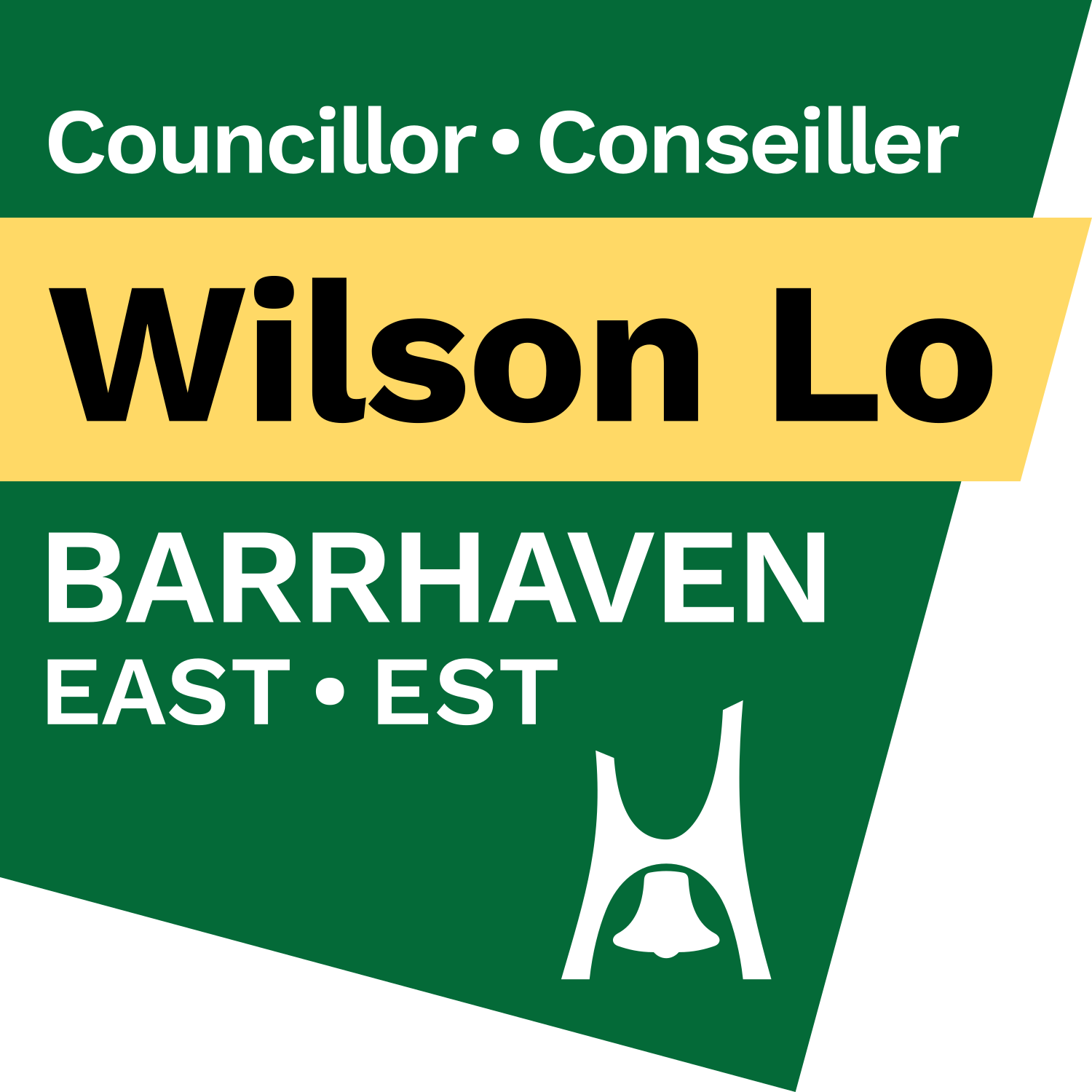Weekly newsletter: March 21, 2023
Happy first full day of spring!
No matter how it’s framed, housing and housing affordability is among the most important topics of discussion that will prevail through this term of Council.
Housing was a major topic of discussion at Council so far this week, with the adoption of the Mayor’s housing pledge and a productive discussion I had with the Alliance to End Homelessness.
Housing pledge
To meet the province’s target of 151,000 new homes in Ottawa by 2031, Planning Committee yesterday voted to endorse the Mayor’s housing pledge.
Recognising several factors outside of a municipality’s control, including market demand and the economy, the pledge aims to facilitate reaching that goal as easily as possible.
This includes working with builders and other industry experts, permitting more diverse housing types, and forming strong, productive partnerships with upper levels of government.
Interestingly, per staff presentation, more than 151,000 homes will be built by 2031 anyway, assuming every already-approved building permit becomes construction and every building permit currently in application are approved.
That actually puts Ottawa ahead of the curve compared to other municipalities in Ontario, but the pledge only strengthens our position and commitment to the province’s targets, which will influence funding we will receive to cover the development charge shortfalls brought about by Bill 23.
Alliance to End Homelessness
In most cases, the goal of social assistance programs is to slowly move the person away from needing that help. One of the biggest hurdles is the complexity of the different services, the lack of communication between some, and the absence of a coordinating “backbone” service.
Navigating social assistances should be dignified and simple for both the person and organisation.
The complexities of the current social service network also result in duplication of services between organisations, and even between the city and organisations.
The conversation I had with the Alliance to End Homelessness today looks to simplify the network by taking inventory of what’s available, review what responsibilities can change hands, and eventually, the formation of an independent, community-based coordinating body.
This leaves the governance and funding with the City, and operations and distribution with the coordinating body, with arms-length oversight by the City. The aim is to reduce bureaucracy and ensure people don’t get lost in the system (or worse, the system losing people).
For disclosure, the Alliance to End Homelessness has indicated interest in being that coordinating body, but the discussion is still very much nascent and will continue before a model is settled upon.
I look forward to seeing where these discussions go.
-Wilson


